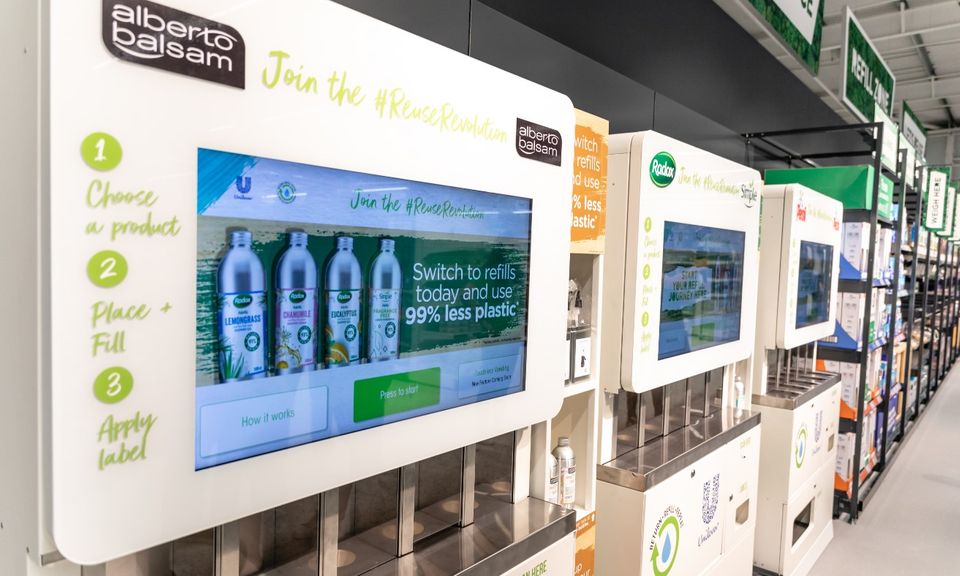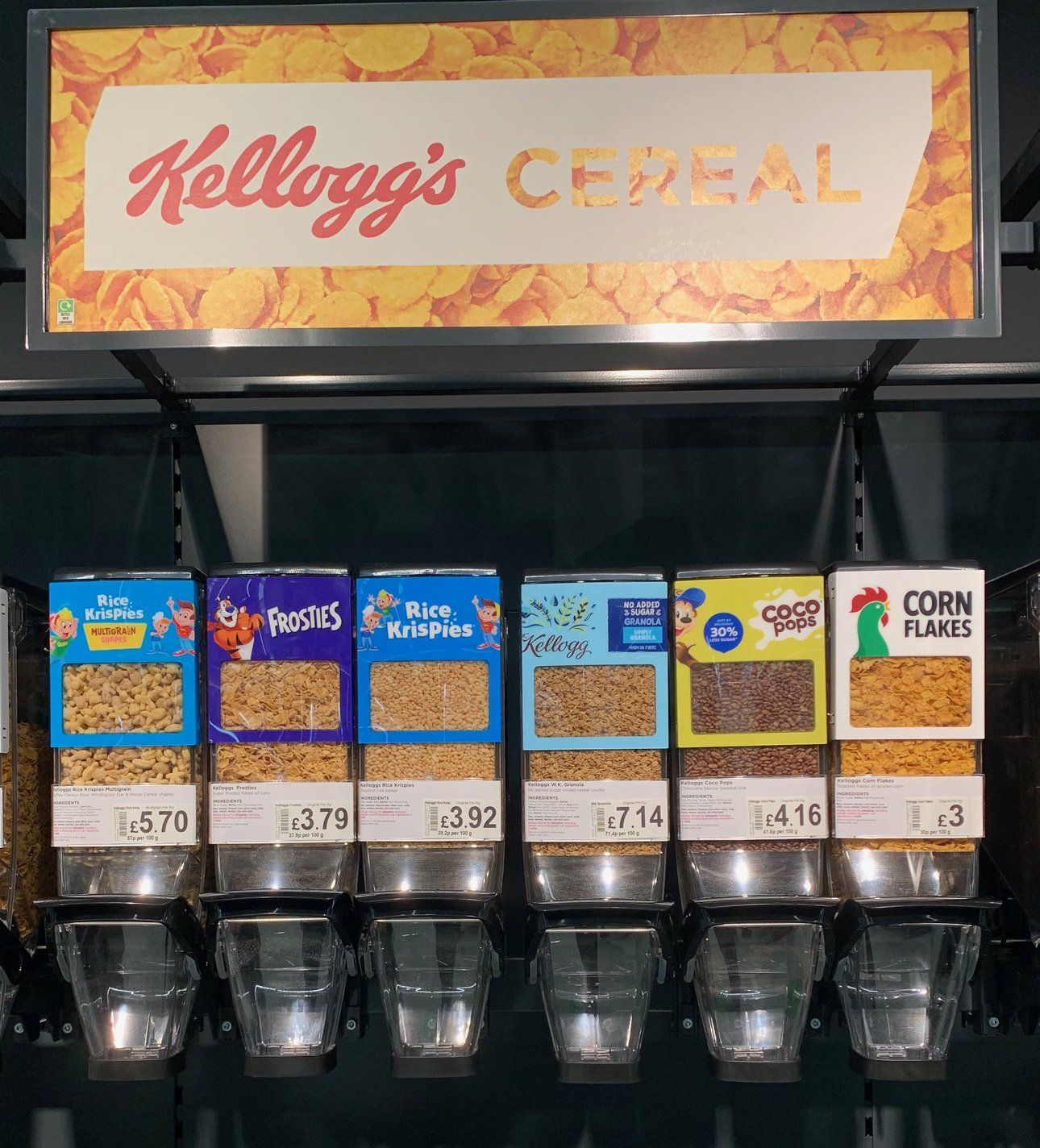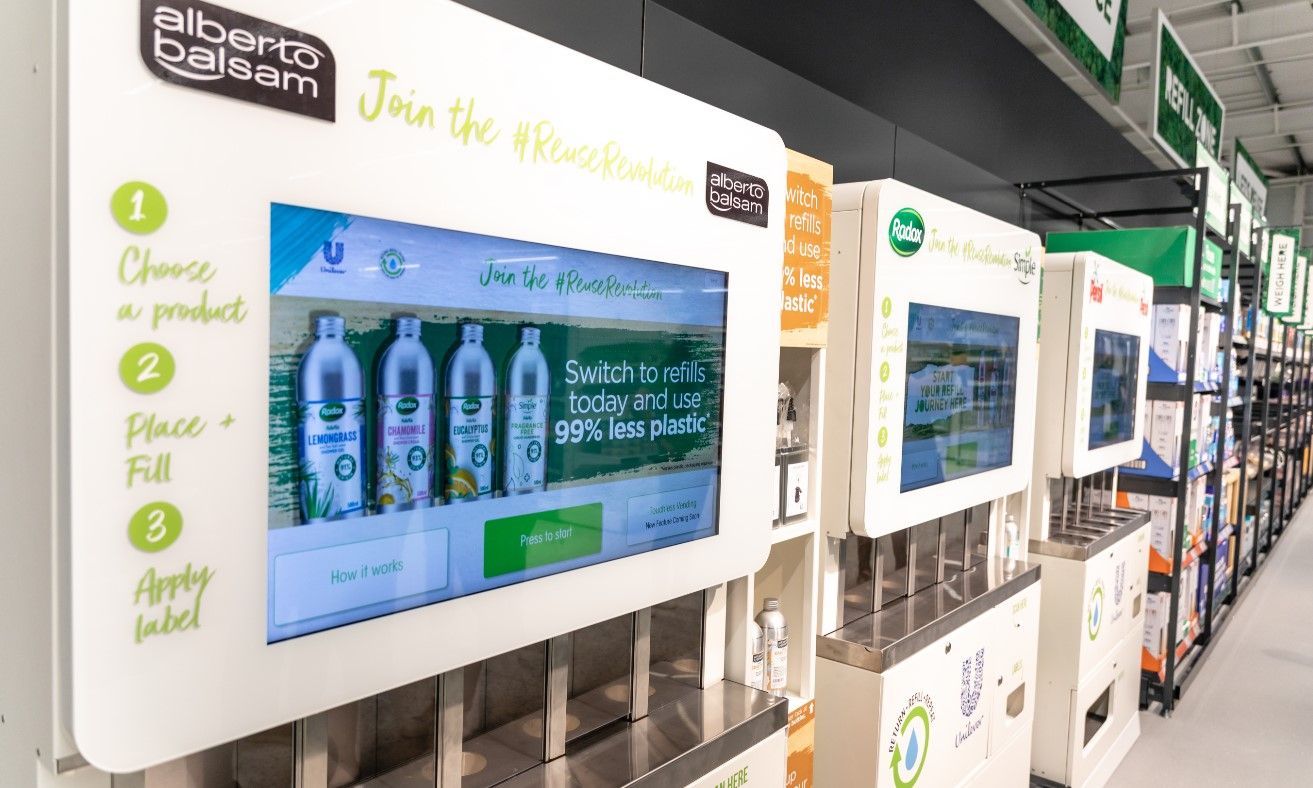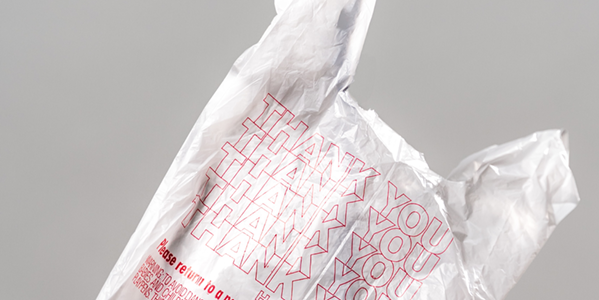Taking the P out of CPG

Retail has been under huge pressure this year. Some of the forces acting on the industry will cause lasting damage, but other forces will release energy for positive change.
Many in the grocery sector are facing the challenges brought about by COVID-19 by looking at ways to fundamentally overhaul the in-store customer experience. At the same time, CPG brands are looking to re-invent themselves to face the new future, remaining relevant to a new generation of consumers in a new era of retail. One of the trends we are seeing is a move towards dramatically reducing environmental impact generally, and plastic packaging more particularly.
The turnaround here has been dramatic. In March and April, as the scramble to deal with the restrictions and realities of the coronavirus was at its highest, supermarkets were considered to be sending mixed signals with regards to plastics. Bulk food dispensers were closed or removed to take away the contamination risk of customers touching the handles. Some stores refused entry to customers bringing reusable bags from home. And then of course there were concerns about all of the disposable PPE and antibacterial wipes.
As supply chains struggled to adapt, staple products such as flour, pasta and, of course, paper products ran out in retail-sized packs. Those designed for the catering and restaurant industry had to be repurposed or repackaged in order to meet the changes in demand.
Now that the new future is emerging, brands are working with retailers to completely change how products move through the supply chain, how they are sold, and, by extension, how they are packaged.
Bulk bins are back. And this time they're branded.
The bulk bin section of a supermarket has historically been looked on with suspicion by many consumers, with its faint whiff of hippyness or ultra-cost-consciousness. However, as younger generations of shoppers move towards the ideal of zero-waste shopping, and as brands learn the hard lessons from the spring of 2020, the bulk bin is reborn. The space that coffee companies moved into first is now seeing the bright, primary colours of the cereal aisle push aside the drab labels for organic quinoa and unsalted peanuts.

A little bit of soap
Household and beauty products are also seeing an overhaul. Unilever is pioneering a set of options to ready their brands for a zero-waste future. Reusable and closed-loop packaging has appeared for brands such as AXE/LYNX and Dove deoderants; concentrated refills have been developed for cleaning products like Cif. And machines are now appearing in supermarkets to dispense Radox, Simple, Persil and Alberto Balsam products in reusable packaging. These machines not only reduce the environmental impact of shipping and sale packaging, they also help to build a more direct relationship with younger customers who aspire to a zero-waste lifestyle who may otherwise look to smaller, niche companies.

This is just the start
Whatever uncertainties the future holds, we are sure that reducing packaging will be a trend that accelerates in the coming months. However counterintuitive it seems, the billions that have been invested over the years in creating clear visual identities will be converted into using plain packaging backed up by strong, purposeful, direct connections with consumers.
From our perspective, as a computer-vision company dedicated to serving retailers and customers, the change in packaging identities will be an obstacle that we will have to overcome. We believe in our ingenuitiy, our technology, and that reducing packaging is a global imperative.


